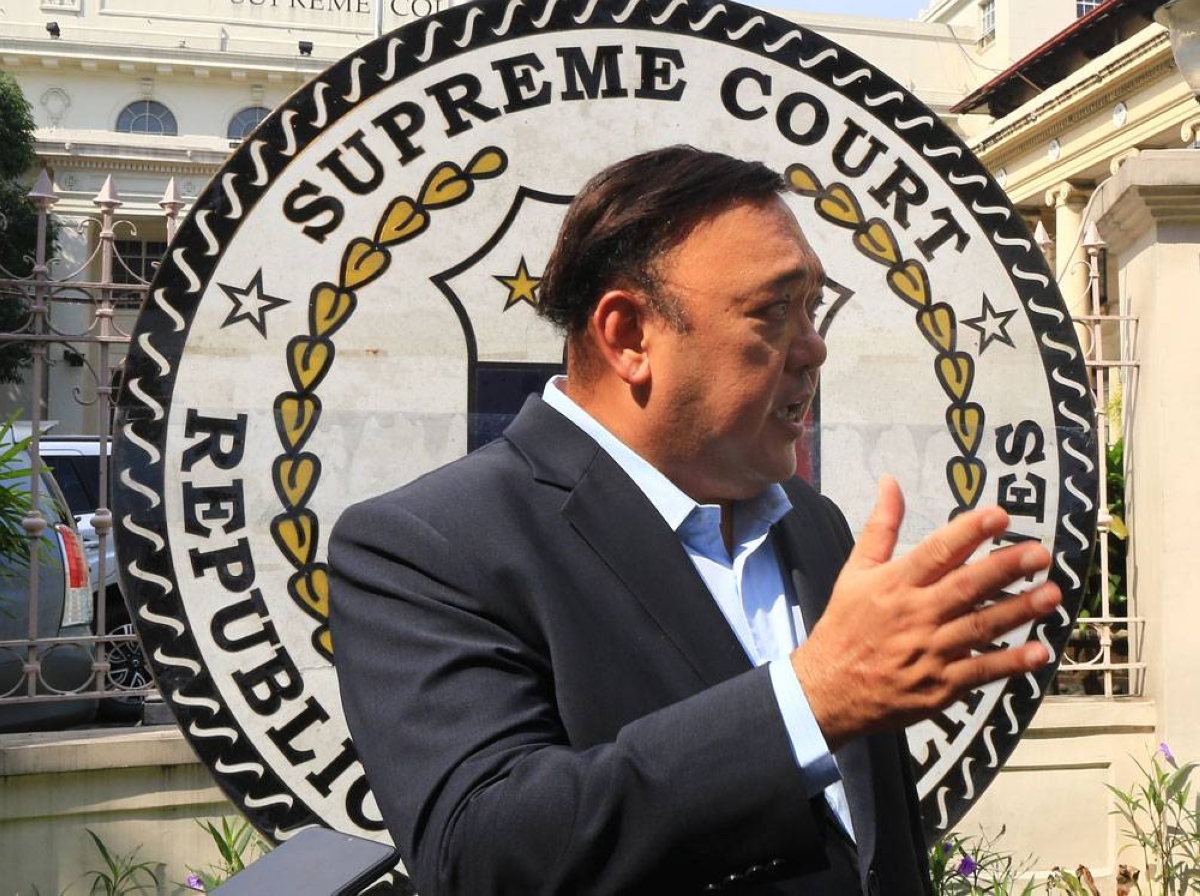In a recent statement, former presidential spokesman Harry Roque expressed alarm over the potential arrest of former Philippine President Rodrigo Duterte by the International Criminal Court (ICC). Roque, who is also part of Duterte’s legal counsel, shared this concern during a live stream on his Facebook page. He revealed that the former chief executive has been informed that he could be apprehended at any time by Philippine law enforcers based on a warrant of arrest issued by the ICC.
Despite this possibility, Duterte remains undeterred, vowing that the ICC will never capture him alive. Roque emphasized that, given Duterte’s advanced age of 80, he would fiercely resist any attempts to detain and prosecute him in The Hague for alleged crimes committed within Philippine territory. Instead, Duterte is determined to submit himself to the jurisdiction of domestic courts.
Roque argues that the ICC has “lost all its jurisdiction” over the War on Drugs due to the Prosecutor’s failure to conduct a preliminary investigation before the Philippines’ withdrawal from the Rome Statute. He further cites two ICC Appeals Chamber judges who assert that the withdrawing state’s cooperation duties are limited to investigations and proceedings initiated prior to the withdrawal. Consequently, Roque contends that the Marcos administration is not obligated to cooperate with any ICC-related proceedings.
Roque has reiterated his appeal to President Ferdinand Marcos Jr.’s administration to issue a memorandum circular prohibiting all executive branch agencies from cooperating with the ICC. He believes that such cooperation would infringe upon the country’s sovereignty.
During his “Spox Hour” Facebook live session on Sunday, Roque disclosed that Duterte had informed him about receiving information regarding the possibility of his imminent arrest. This revelation left Roque unable to sleep, as Duterte reached out to him personally to share this concerning news.
Last July, the ICC Appeals Chamber confirmed the authorization to resume its investigation into the war on drugs. However, both Marcos and Justice Secretary Jesus Crispin Remulla have stated that the government will not cooperate with the court.
The potential arrest of a former president by an international court is a matter of significant concern. It raises questions about the jurisdiction of the ICC and the extent to which countries are obliged to cooperate with its proceedings. The Philippines’ withdrawal from the Rome Statute has further complicated the situation, leading to differing interpretations of legal obligations.
As this situation unfolds, it remains to be seen how the Duterte administration and the international community will navigate these complex legal and diplomatic challenges. The outcome will undoubtedly have far-reaching implications for the future of international justice and the relationship between the Philippines and the ICC.







